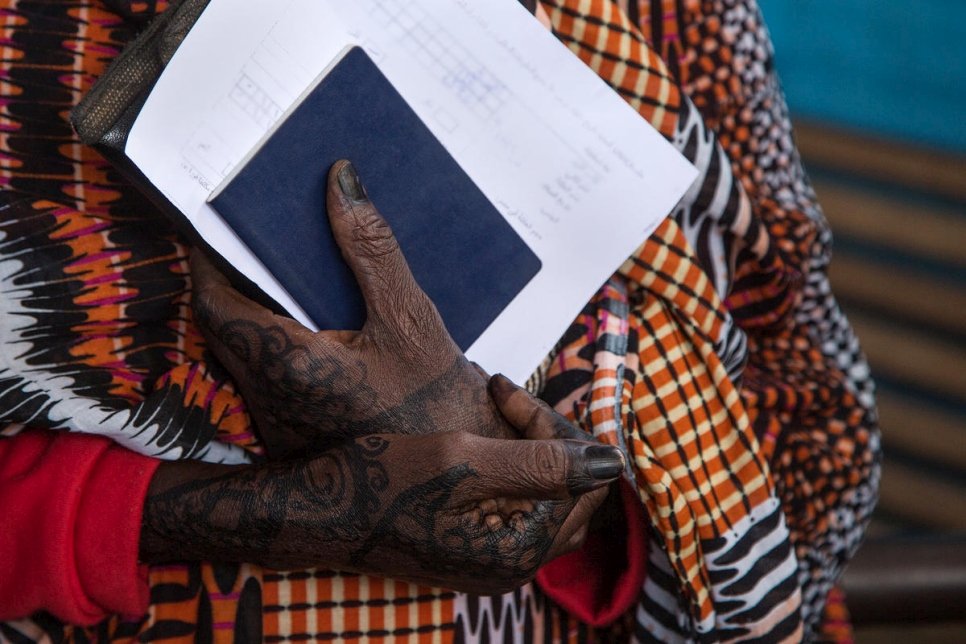Return of People Not in Need of International Protection
In UNHCR’s view there are two options for people who are not refugees: return to the country of origin or access to alternative legal migration options (i.e. regularization in the host country or legal onward movement to another country).
The return of people found not to be in need of international protection has become a key component of the debate relating to the interface between asylum and migration and is increasingly considered as an integral part of migration policies and strategies of countries of destination.
Asylum procedures are the primary mechanism to ensure that individuals are not returned to situations where they face a risk of persecution or other irreparable harm. However, some individuals in the return procedure may not have had access to asylum procedures or, if they have, new risks may have developed, including in the country of origin. It is therefore important that the return process includes safeguards to ensure respect for the principle of non-refoulement.
While under international law States are entitled to expel individuals found not to be in need of international protection and countries of origin have an obligation to receive back their own nationals, the return should be undertaken in a humane manner, in full respect for human rights and dignity. In certain circumstances, UNHCR could, on a good offices basis, support States, upon their request, in their endeavours to return people found not to be in need of international protection, in particular where obstacles to return are encountered and provided that the involvement of the Office is not inconsistent with its humanitarian mandate to provide international protection to refugees.
For relevant UNHCR documents on return, see:
- Protection Policy Paper: ‘The return of persons found not to be in need of international protection to their countries of origin: UNHCR’s role’
- Executive Committee Conclusion No. 96 (LIV) – 2003
- Difficult decisions: A review of UNHCR's engagement with Assisted Voluntary Return programmes
- A Thematic Compilation of Executive Committee Conclusions on ‘Return of Persons Found not to be in Need of International Protection’ (2011)
- The 10-Point Plan in Action (2016), Chapter 9: Return Arrangements for Non-Refugees and Alternative Migration Options
- Report: ‘Return of Persons Not in Need of International Protection’

